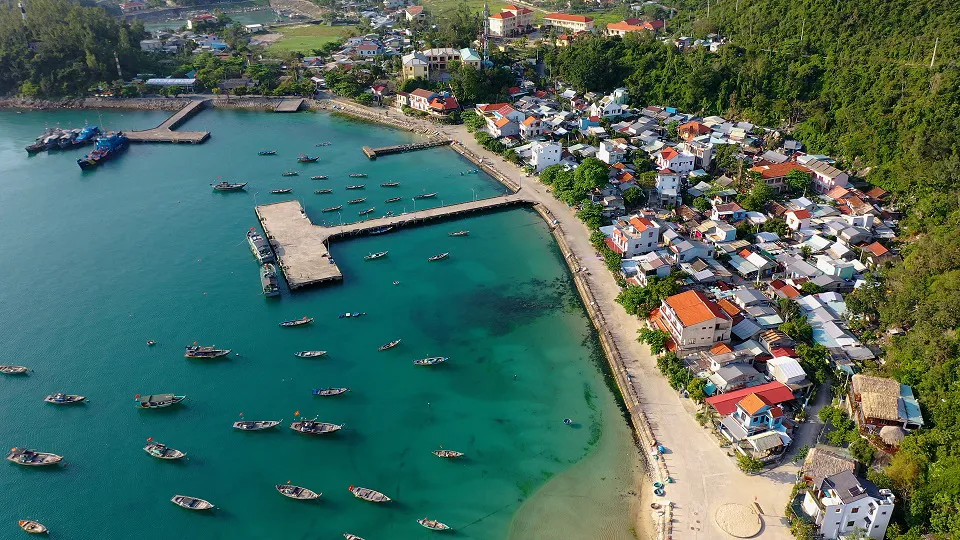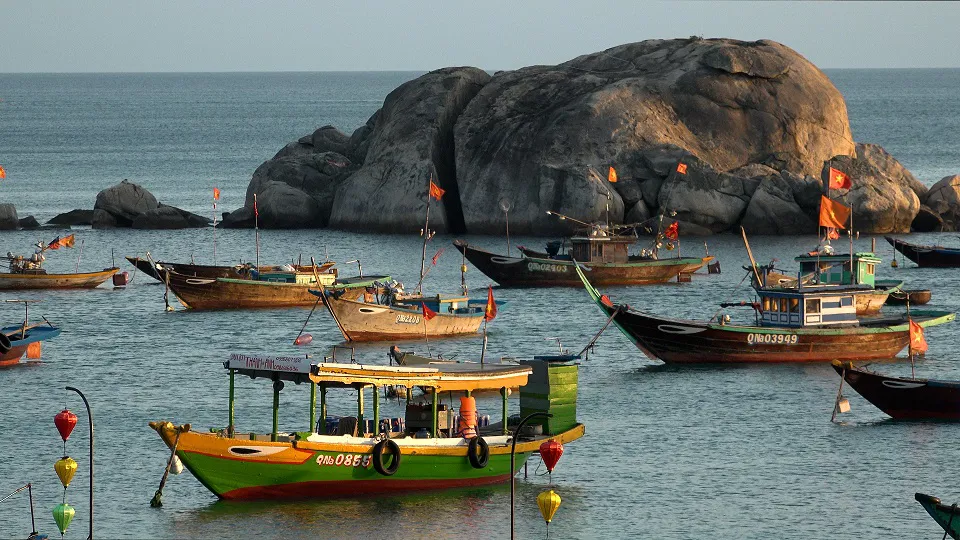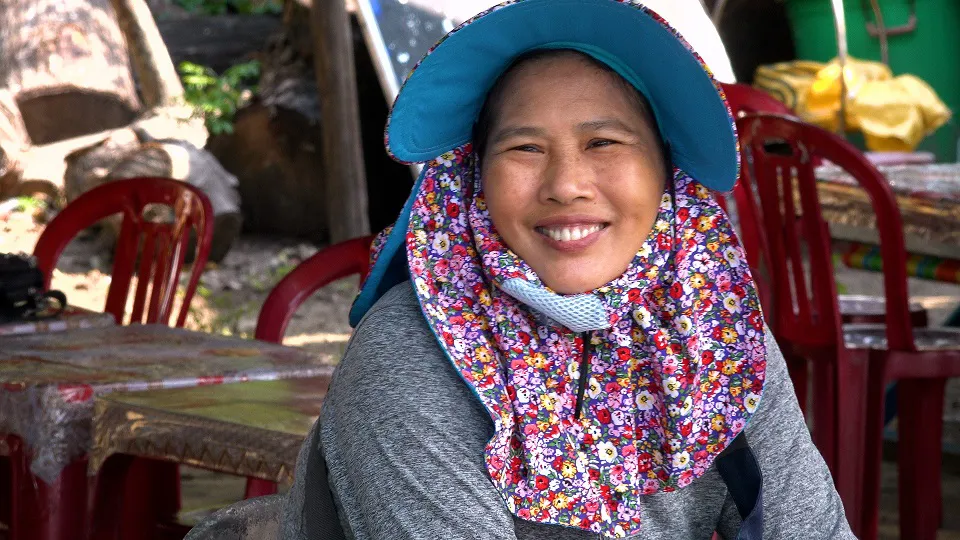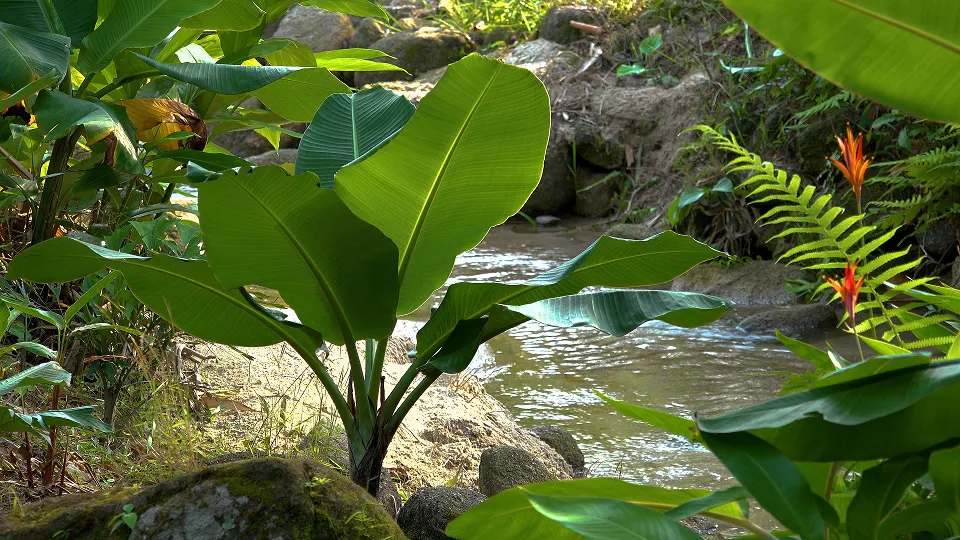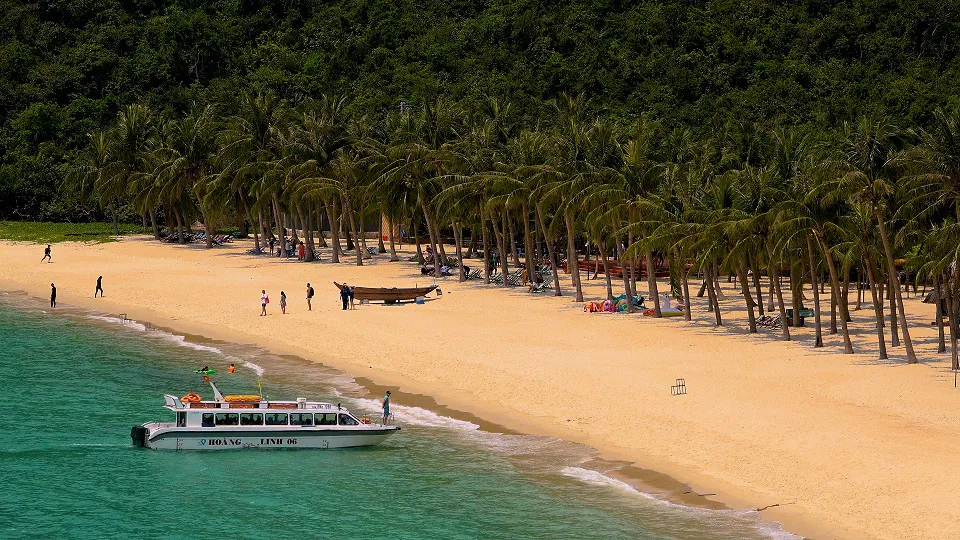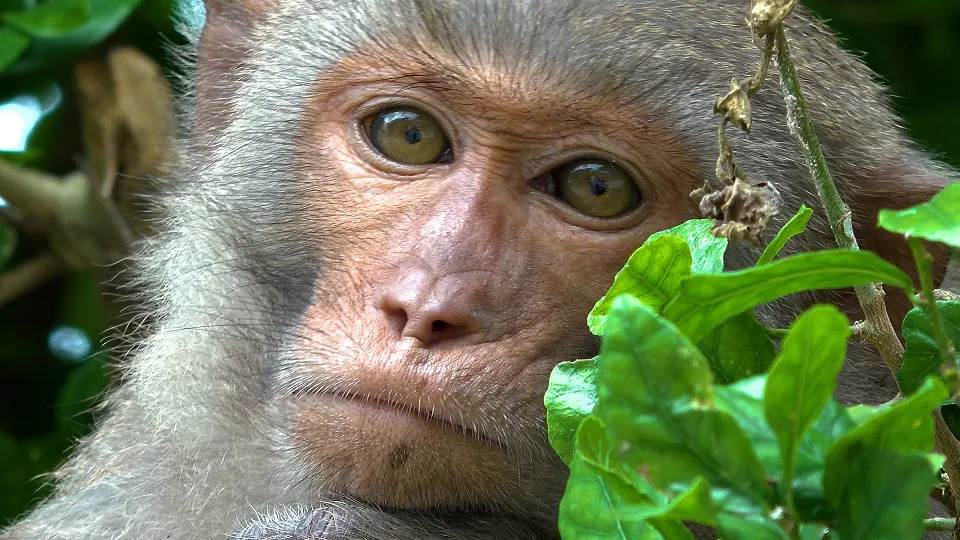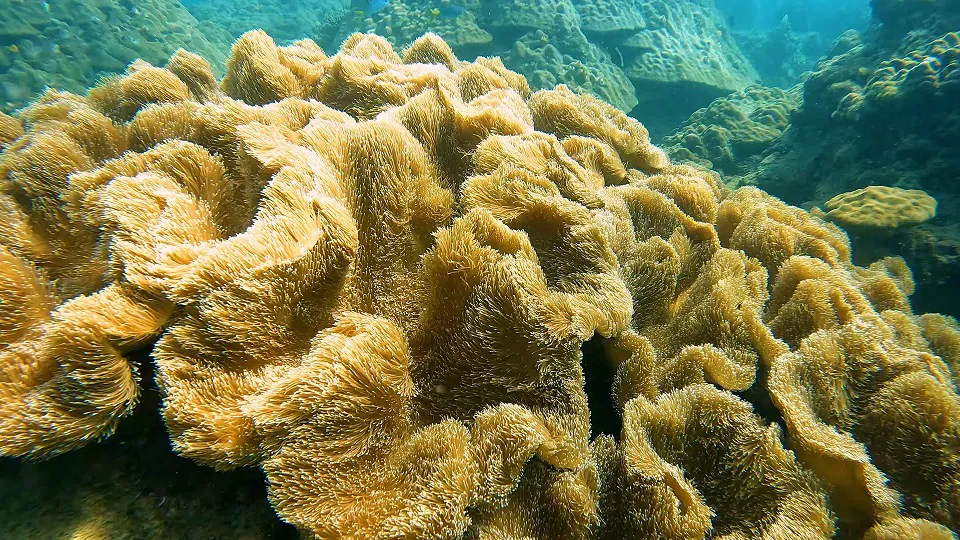“Cu Lao Cham: Island of Life” new short documentary released
Amidst difficult climate change and industrialization, Vietnam’s Cu Lao Cham archipelago is unspoiled.
The short documentary film “Cu Lao Cham: Island of Life” by James Borton and Brave New Pictures identifies a pristine archipelago off Vietnam’s central coast, where the islanders are connected with their sea and have adopted conservation and sustainability practices to provide an ecologically balanced future.
The archipelago is of significance at a time when the high seas are experiencing challenges from climate change, industrialization, plastics pollution and overfishing.
The film’s narrative draws upon the words of Dr. Chu Manh Trinh, a tireless marine biologist whose pioneering work is responsible for mapping out and securing the islanders’ commitment to protecting the natural resources of the Cham archipelago and its peoples’ cultural heritage and values. Locals call him “thay” or “teacher Trinh”.
The film also tells the story of local islanders, from fishermen to a naturalist or “forest man” who treks into the mountains daily to forage for medicinal wild herbs and plants.
Since 2010, Vietnam has been engaged in an ambitious initiative to create national marine protected areas. The Cham way of life extends to their preservation of the coral reefs and aquatic ecosystems, including whales. Their beliefs about the mythic properties of these giants run as deep as the ocean. The local fishermen regard the whales as their protectors, a spiritual role that they honor in temples and in a local museum.
The archipelago is part of the The Cu Lao Cham-Hoi An Biosphere Reserve listed in UNESCO's Man and the Biosphere Program. The islands are well known for its marine life, which includes seaweed, corals, mollusks, and crabs. Mountains and rainforest ecosystems can be found on the islands, and seasonal monsoons have a significant impact on both.
The film illustrates that it does indeed take a “village” to make a difference and Cu Lao Cham’s islanders offer a successful model for the world to follow.
James Borton is a recipient of a National Endowment for the Humanities Fellowship at Yale University, a freelance global journalist. He writes for Asia Times, Asia Global Online, Geopolitical Monitor, South China Morning Post, The Washington Times, and World Politics Review. He has edited The South China Sea: Challenges and Promises and Islands and Rocks in the South China Sea: Post Hague Ruling. His latest book, Dispatches from the South China Sea: Navigating to Common Ground is available.
Brave New Pictures is owned and operated by husband & wife team Dave & Kathy Monk, since 1991 they have collaborated on many stories about environmental conservation and cultural preservation, from the documentation of vanishing languages and indigenous practices, traditions and beliefs, to natural habitat shrinkage, anti-poaching efforts and ecological sustainability programs. They have worked on all seven continents and in nearly 80 countries to help promote a balance between humans and all other creatures in the web of life.
| An overview of Cu Lao Cham. Photos: Brave New Pictures |
| Fishing boats in Cu Lao Cham. |
| A resident in Cu Lao Cham. |
| Nature in the archipelago. |
| A clean beach in the archipelago. |
| A monkey in Cu Lao Cham. |
| Coral reefs in the archipelago. |


